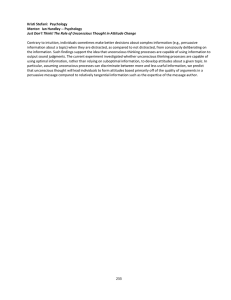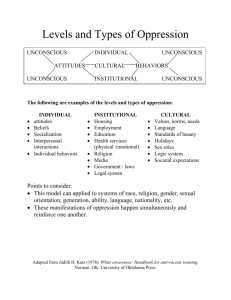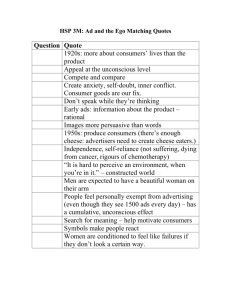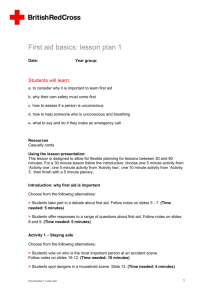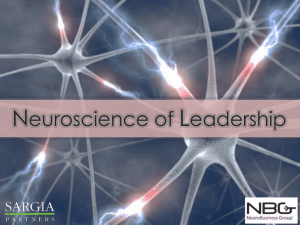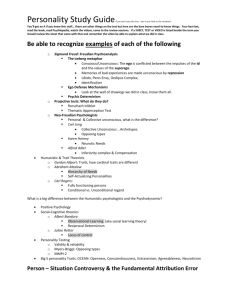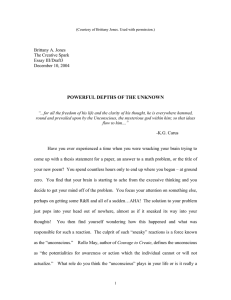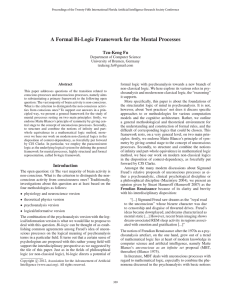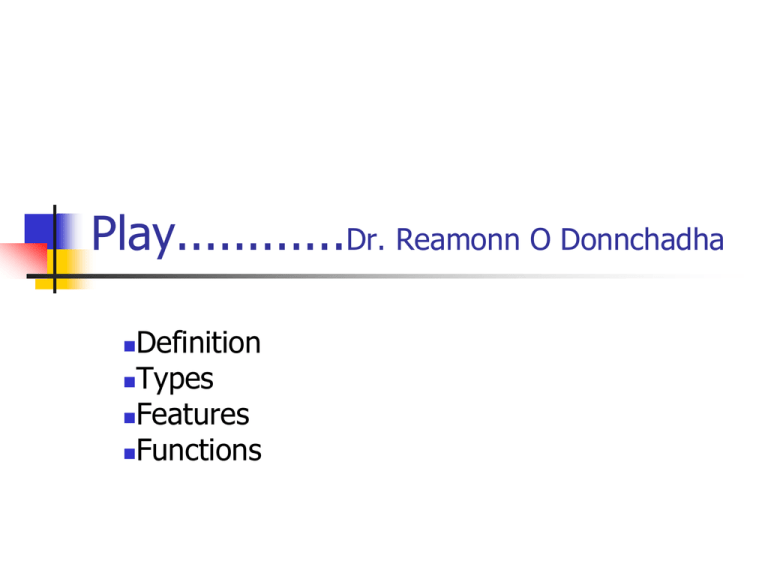
Play............Dr. Reamonn O Donnchadha
Definition
Types
Features
Functions
What is play?
Unconscious
Physical/psychologicalActivity
Fun/ Enjoyment
Unconscious Learning
Intrinsic Motivation
Some Ideas...
Learning…
Freedom to choose and enjoy..activity
Activity …no boundaries…enjoy
Unconscious activity …free from the
boundaries of their world
Activity ….enjoyment and pastime
Activity….fun, enjoyment, learning,
social skills
More Ideas
Opportunity to learn life skills
Freedom of possibility
…unconscious learning…understand
environment..
…learning through self expression
Functions of Play
Learning
Cognitive
Emotional development
Re-creation
Dealing with stress and anxiety
Suspension of reality
Creative
Features of Play
Intrinsic motivation
Fun
Mastery
Locus of Control
Self Actualisation
Competence
Affiliation
Types of play (Parten)
Unoccupied
Solitary
Onlooker
Parallel
Associative
Cooperative
Parten, M., (1932).Social play among
preschool children. Journal of Abnormal
and Social Psychology.27.
Types of Play
Simple
Complex
Structured
Unstructured
Another view
0-2: Solitary
2-3: Parallel
3… Associative
….. Cooperative
…Piaget
Sensori-motor play....exploring/manipulating..1
Constructive play....making...2
First Pretend play....involving other...1-2
Substitute Pretend play...symbolisation...2-5
Socio-dramatic play.....play parts/roles
P 173 Helen Bee.. The Developing Child
Playmates
Solitary/parallel….friends nearby
Early friendships…random/brief
¾ years …special friendships
Personality and level of friendship
Middle childhood…gender driven/sex
appropriate
Seems to be little or no discrimination
Gender and play
From 3yrs on…
Children know
Prefer same sex..
Boys…
Girls….
The Environment of Play
Factors which inhibit
Factors which facilitate
Supervision and Play
The influence of toys
Playgrounds
School breaktime
Play as a tool for Socialisation
Natural learning environment
The child learns from other children
No feeling of being assessed
No expectations
Unconscious learning
Experiential learning
Play and Socialisation Skills
Negotiation
Bargaining
Assertiveness
Co-operation
Experimentation
Risk-taking
Language
Deferred Gratification
Conscience
Expression
Playground v Playstation
Inventiveness
Creativity
Freedom
Autonomy/control
Reality....restriction
Immediate/deferred gratification
Sense of self concept
Reading
Davenport. Chapter 10
O Donnchadha. The Confident Child
Sylva and Lunt. Chapter 11
Santrock. Chapter 12

